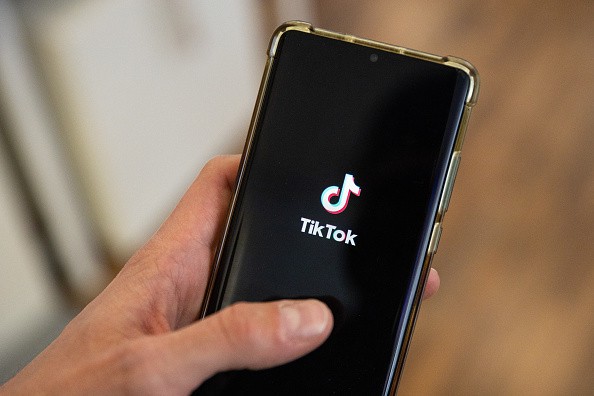
According to a study published on Thursday by the nonprofit Brookings Institution, Russian state-affiliated accounts have increased their use of TikTok and are gaining more engagement on the short-form video platform ahead of the US presidential election.
The report showed that Russia increasingly uses TikTok to spread messages from the Kremlin in English and Spanish, with state-affiliated accounts posting far more frequently on the platform than two years ago.
These accounts are more active on Telegram and X, formerly Twitter, than on TikTok, and they are also active on other social media networks.
However, the study claims that TikTok has far higher user engagement than Telegram or X, including likes, views, and shares on users' postings.
Valerie Wirtschafter, a Brookings fellow in foreign policy and artificial intelligence initiative, wrote the report, drawing data from 70 different state-affiliated accounts.
It said that using TikTok highlights a growing, but still not fully realized, avenue for Russia's state-backed information apparatus to reach new and young audiences.
The study observed that most posts address other topics, such as NATO and the conflict in Ukraine, rather than US politics.
Brookings' analysis noted that those frequently feature more divisive subjects, including US policy toward Russia and Israel and concerns about President Joe Biden's age.
According to a TikTok spokesperson, the company had already eliminated accounts and removed covert influence operations, including 13 networks with operations in Russia.
The spokesperson said that TikTok would broaden this policy in the coming weeks to address further accounts that attempt to reach communities outside their home country on current global events and affairs. The policy currently includes labeling state-controlled media accounts.
Furthermore, the Brooking report comes after Biden signed legislation last month that required ByteDance, the parent firm of TikTok, a Chinese company, to sell the platform or risk being banned in the US. The potential ban is expected to face legal challenges.








